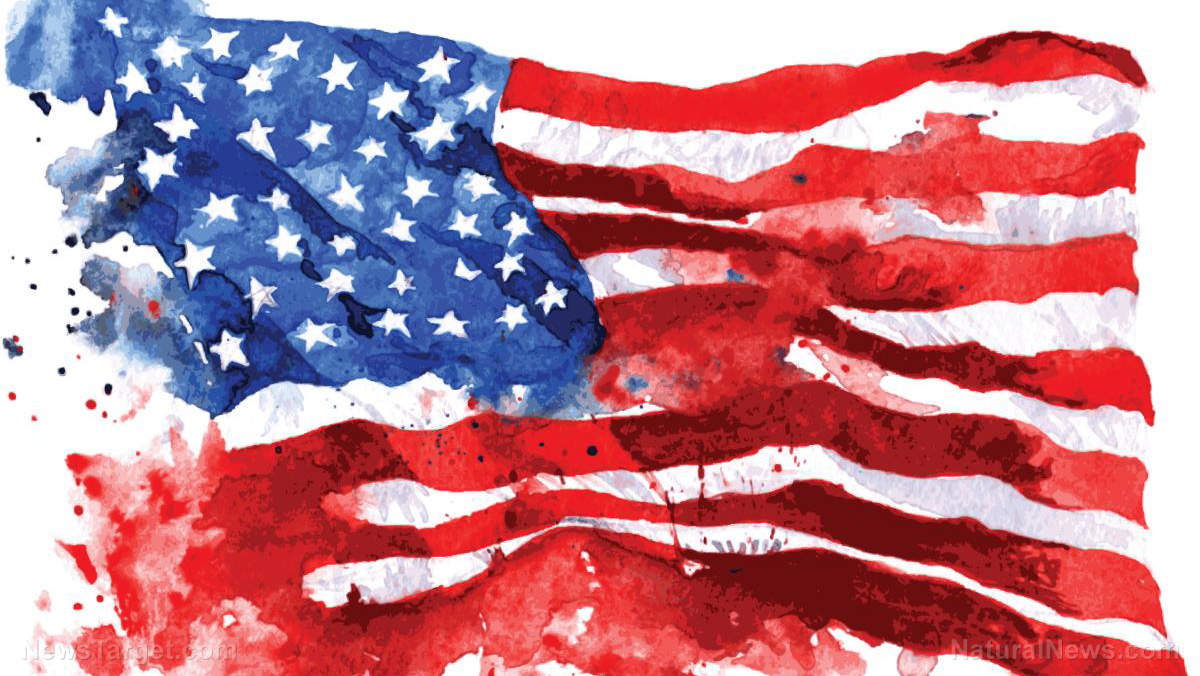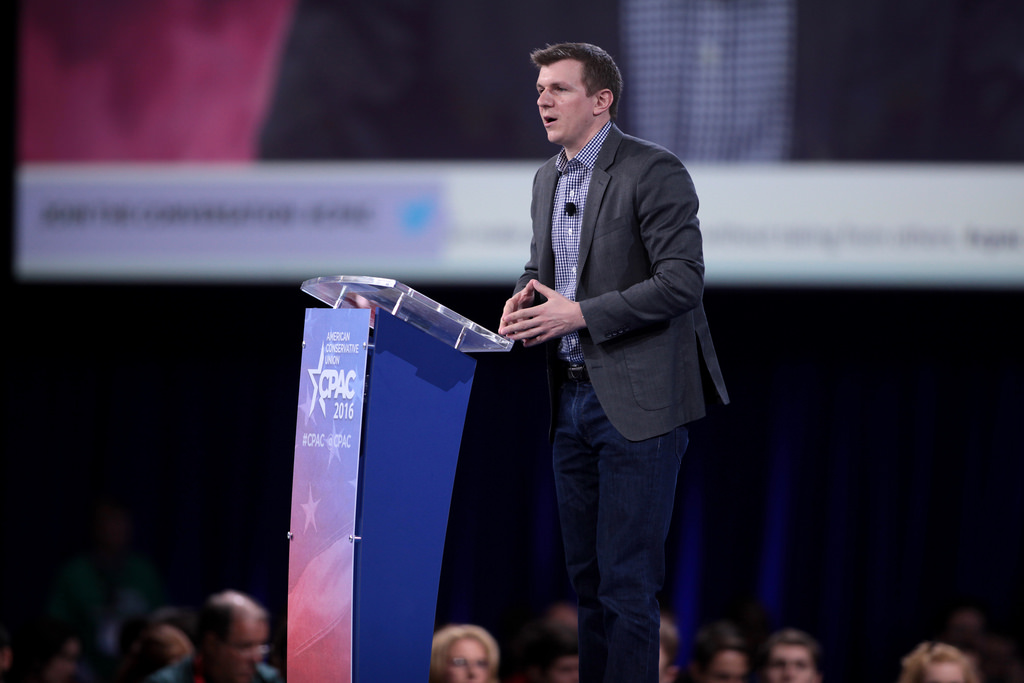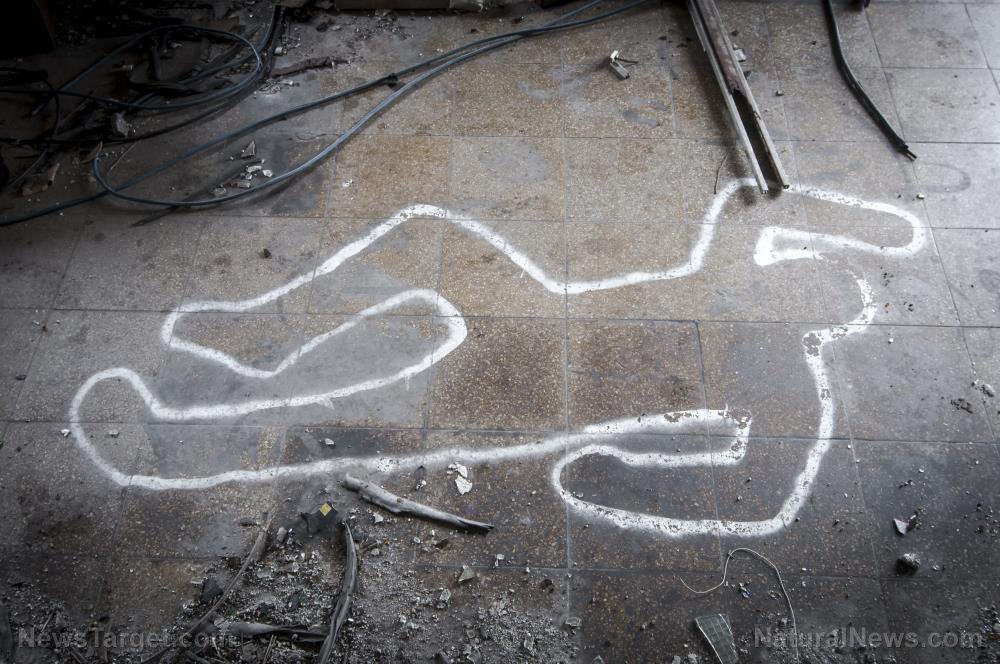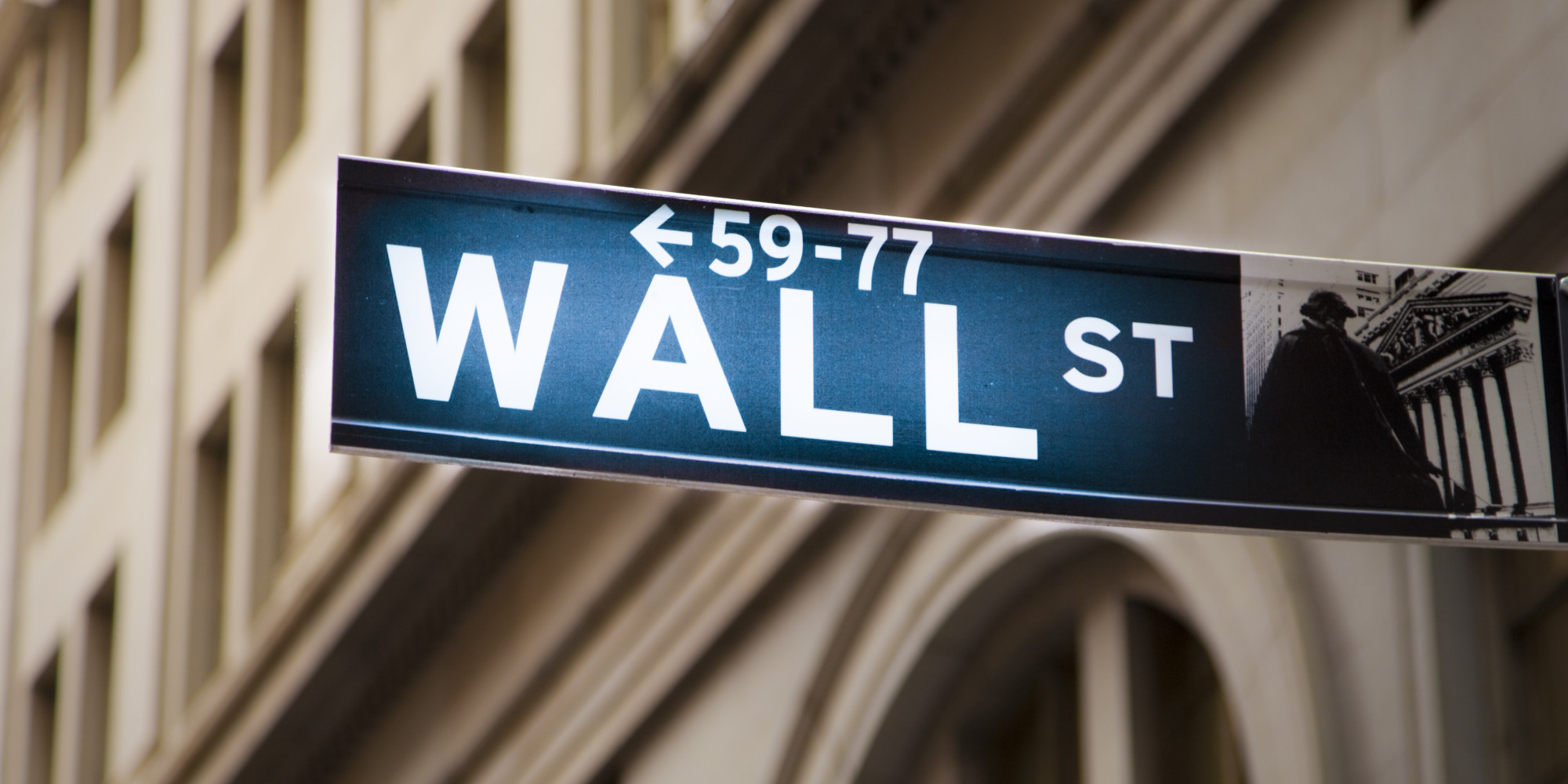
Advertisement
Are Americans losing essential freedoms in the midst of the coronavirus crisis?
In an interview with Charlene Bollinger from “The Truth About Vaccines 2020”, Richard Mack, political activist and former Arizona sheriff, spoke about the Constitution, liberty and freedom in light of coronavirus and connected the current situation to his victory in a lawsuit against the federal government over the Brady Handgun Prevention Act.
In fact, it was the take-home message from his “life-changing” Supreme Court case that he believes everyone needs to be reminded of right now. Mack was the Sheriff of Graham County, Arizona, where he grew up, when then-president Bill Clinton signed the Brady Bill gun control act, which he said would make the U.S. so safe that police wouldn’t need to carry guns. Although that statement was highly questionable, Mack said he didn’t give the bill too much thought – until a 1994 Sheriff’s Association meeting in Phoenix.
At the meeting of around a dozen sheriffs, three ATF agents issued a document outlining what the sheriffs must do to comply with Brady Bill. According to Mack, the sheriffs had to carry out background checks on gun owners and pay for them; failure to comply would see them arrested.
After the agents left, Mack told the other sheriffs he wasn’t planning to comply; after all, they didn’t even work for the federal government. As he drove home from the meeting, he decided to sue them.
The first lawyer he consulted thought the idea was crazy. Mack said that for him it wasn’t really about guns – it was a question of freedom. However, his undersheriff was an NRA member and helped him get in touch with an NRA lawyer, who said the group had already been working on a suit over this very matter and were just hoping a sheriff would get in touch with them to take action. The NRA footed the bill for much of the case; seven sheriffs in total ended up filing suits over the issue.
The case ended up with the Supreme Court ruling in the sheriffs’ favor in a 5-4 split decision. Mack feels everyone should read this decision, especially now.
In particular, he points to the part of the decision that says that “officers of states are not subject to federal direction.” He said Justice Scalia quoted the founding fathers, Constitution, Declaration of Independence and Federalist papers.
Among his favorite quotes cited in the ruling are that “The Constitution protects us from our own best intentions. It divides power among sovereigns and among branches of government precisely so that we may resist the temptation to concentrate power in one location as an expedient solution to the crisis of the day.”
Mack believes following that philosophy would have prevented so many of the problems we see today. He says the purpose of all government is to protect our liberty, and he’s particularly fond of the part of the Federalist Papers quoted by the Court that says that when all governments – federal, local and state – work together “a double security arises to the rights of the people. The different governments will control each other.”
Mack fears we’re losing our freedom
Mack also talked about Shelley Luther, a Texas salon owner who was jailed for opening up her salon in defiance of emergency orders. Mack called her a modern Rosa Parks, saying that opening her salon is her civil right and that should be honored.
Stay-at-home orders are suggestions and nothing more, he says, and even if the legislature had passed them, they’d be unconstitutional and shouldn’t be enforced.
He also pointed to cases where people are forced by officers to take a blood test in a DUI situation, which he says is “illegal, unconstitutional, and morally reprehensible,” but perhaps more importantly, he says this type of situation is conditioning police and the population for what may happen with a forced coronavirus vaccine – a very scary thought indeed.
Law enforcement officers, he says, have been dumbed down into doing things they’re not supposed to be doing when they should be guards of liberty. And while he is worried about coronavirus, he’s also very scared about those who use the situation to take away individual liberties.
Sources for this article include:
Advertisement
Advertisements
















